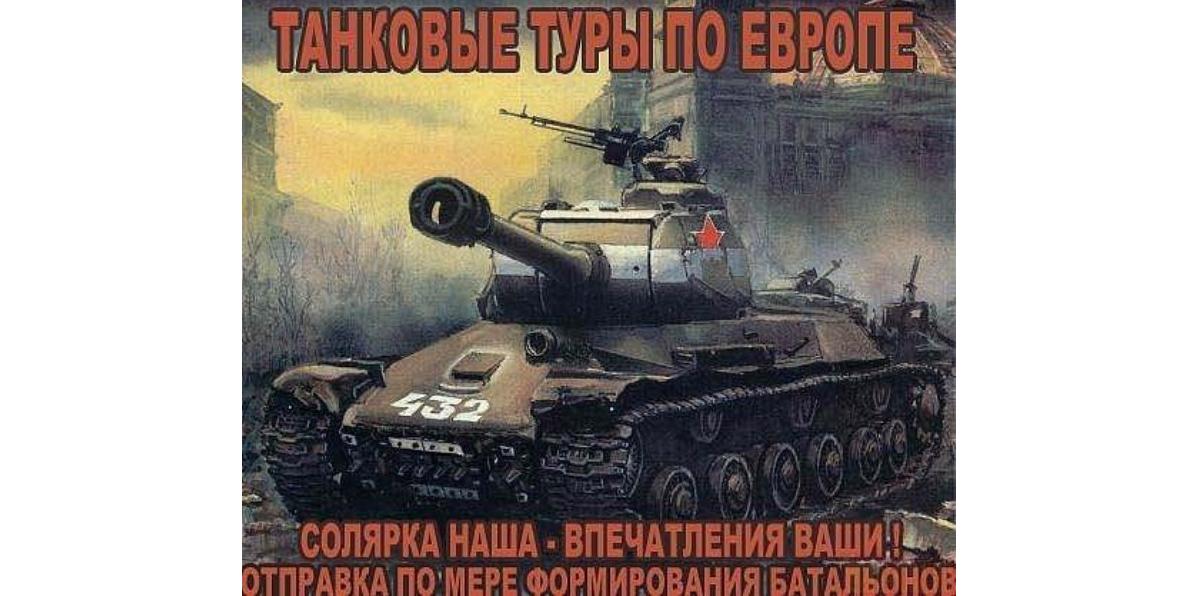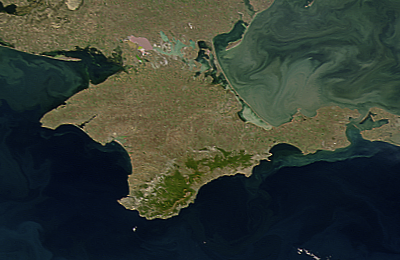
Sergey Kovalyev, a political prisoner in Soviet times and founder of the Memorial human rights group, says that an essay he wrote a year ago about some truths almost equally unwelcome in Russia and the West could not find a publisher in either place and had to be issued on the contemporary equivalent of “Russian-English” samizdat: Facebook.
In February, he posted the Russian original and an English translation by Catherine A. Fitzpatrick there just after it did appear in Polish on February 7, 2015 in Warsaw’s “Gazeta Wyborcza.”
Now, Kovalyev’s new-style “samizdat” article has been published by Radio Liberty, which distinguished itself during the Cold War by the collection, publication and dissemination of Soviet-era samizdat and now appears to be getting back into an updated version of that business.
That history in and of itself is instructive, but so too are the arguments Kovalyev makes in his article, ones that have lost none of their power and importance despite his difficulties in finding someone to publish them and that deserve the closest attention both in Russia and in Western countries.
Below are some of the highlights of Kovalyev’s piece. They are taken from Fitzpatrick’s elegant translation of the 950-word article.
According to the 85-year-old human rights campaigner, “the current political course of the West combines strength and weakness, pride and prejudice.” It is a response to Russia’s return to the kind of behavior that characterized the USSR: mass repressions, involvement in international terrorism, support for totalitarian regimes, aggression, and violations of the fundamental principles of law.
“Now
,” he writes, “the West is firmly resisting Russian expansion” in the case of Ukraine. That is a source of hope, Kovalyev continues, but he notes that he has “serious concerns” because of “widespread myths about Russia which have become rather prevalent in the West,” myths “reinforced by experienced and skilled masters of deception” from the FSB.
One of these myths, Kovalyev continues, is that “Russia freed the world from fascism. That is not true. Since the emancipation of the serfs in 1861, Russia, the Soviet Union and the current Russian Federation have never freed anyone. What they have done was enslave people, including their own population.”
“It’s true that Hitler’s army was drowned in Soviet blood and buried under Soviet corpses. It’s true that Europe and the United States did less than they could and should have done during World War II. But that is a completely different matter,” he writes. “The decisive motives for the Soviet Union’s major role in the military victory were not at all liberation
.”
“The peoples of Eastern Europe and Germany, who were ruled by two successive tyrants -- Hitler and Stalin -- should remember this.”
“Another common and dangerous idea is that Russia’s immorality and political barbarism are solely Russia’s internal affair. That isn’t true,” Kovalyev points out. “In our present interdependent world, serious problems become global and affect everyone. Russian (and not only Russian) totalitarian tendencies are fraught with catastrophic global consequences.”
“No one knows how to deal with this challenge,” he says, “but we should at least know what simply must not be done. You cannot appease an aggressor. You must not buy your safety, especially your gas supply, with other people’s lives and fates. The acceptance of immoral political pragmatism is the shameful legacy of the Munich Pact and the Yalta agreements.”
“Overcoming this legacy is long overdue.”
“Alas, the West’s deficit of political will nullifies its good intentions,” Kovalyev says. “Russian expansion in the Caucasus exposed Western ‘forgetfulness.’ Each stage of this expansion was met by the unfeigned outrage of the West. There was the cruel ethnic cleansing of Georgians during the early 1990s in Abkhazia, provoked by Russian ‘peace-keepers.’”
“In 2008, there was the creation of two Russian satellites on Georgian territory which caused general indignation. But all such offenses were quickly forgotten.” Moreover, and “in the same vein, there were the many years of incoherent, ineffective fussing by the Council of Europe over Russia’s outrages in Chechnya.”
Now, Kovalyev continues, “it is Ukraine’s turn. The occupation of Crimea has already been almost forgotten by the public
.”
“There was a time,” he writes, “when Europe imagined that the Cold War ended with the demolition of the Berlin Wall. It’s not true. Russia only took a breather. Imagine a post-war Germany that left the Gestapo untouchable. Or a Stasi lieutenant-colonel Chancellor of Germany.”
If that is ignored, Kovalyev argues, “that is and will be the Russia with which you seek partnership and mutual understanding. Right now, it will play fair only if forced to do so. It cannot be persuaded to do so.”
“Many are ready to make concessions to Russia, arguing that a cornered rat is dangerous. That’s true. But you must remember: a rat, whether cornered or left in peace, is still a powerful carrier of plague. The plague under discussion has lasted almost a hundred years and has killed millions of people. The choice is limited -- you either fight the plague, or, in the words of Pushkin, you “feast in the time of plague.”
Were Academician Andrey Sakharov with whom Kovalyev closely cooperated at the end of Soviet times alive today, the human rights advocate says, “he would urge the civilized world to be more resolute in its stand against tyranny.” Among the models for what can and should be done, he says, are "the American Lend-Lease Act and the Marshall Plan.”
In place of the myths Moscow has promoted, Kovalyev says, the West needs to face up to the fact that “effective resistance to the advance of the “evil empire” demands a maximum effort now. Tomorrow may be too late.”




